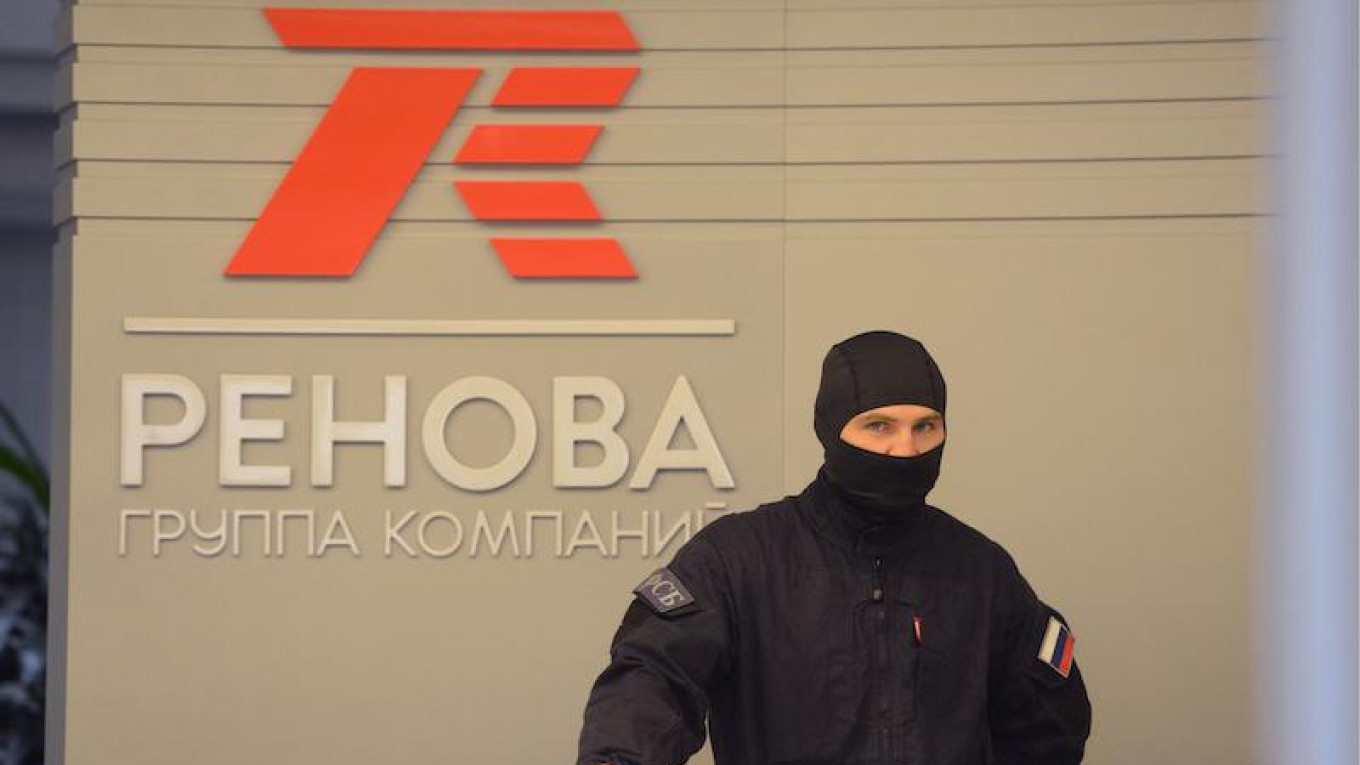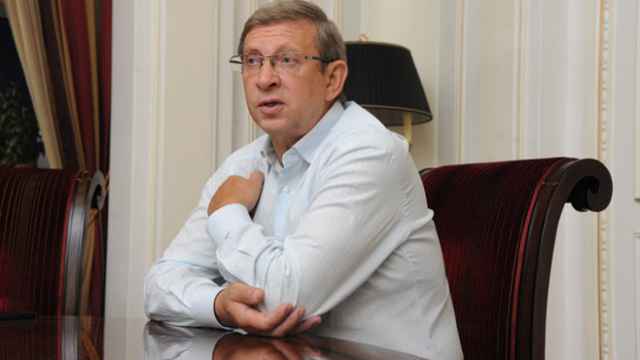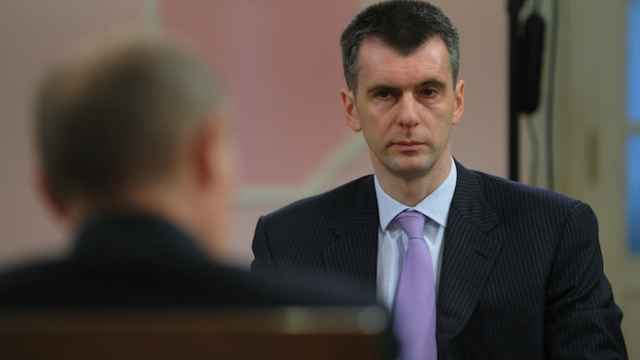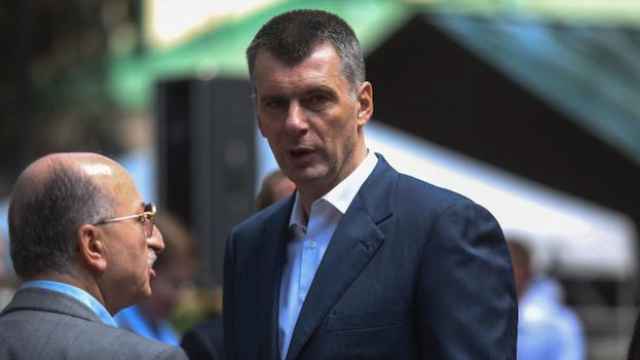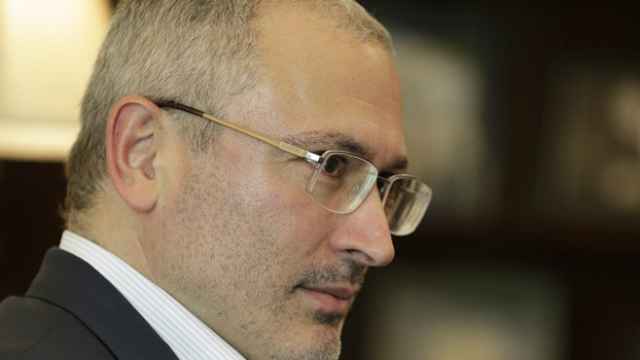Mikhail Slobodin was the progressive face of Russian business. As CEO of Vimpelcom, he controlled Beeline, one of the country’s top-two mobile providers. He was young, smart, energetic and he turned management into social action. The most media-savvy of all top-managers, Slobodin used his highly popular blog to engage with all matters of business, corporate culture, economy, cuisine and even Tesla cars.
He seemed to be having fun, and he made Russian business look easy and carefree.
On Sept. 5, however, Slobodin resigned, having dramatically found himself subject to a criminal investigation, and included on Russian law enforcement wanted lists.
His name appeared in connection to KES holding, now called T-Plus, energy provider in Russia’s northern republic of Komi, where he was previously an executive. Together with other T-Plus managers, he was linked to bribes paid to regional authorities. According to law enforcement, these bribes were paid to set more profitable rates for energy consumers.
T-Plus, the country’s largest private energy producer, is part of Renova Group, controlled by Russian’s seventh richest tycoon Viktor Vekselberg. In Komi, T-Plus owns Vorkuta thermal power plants, energy supplier to the entire region. But the plants are losing money, and owed 5 billion rubles ($77.6 million) by consumers. There is a danger they will fail to provide enough heat in the upcoming winter.
Renova had already initiated the sale of the plants, but this provoked the anger of President Vladimir Putin. “We need to put an end to such irresponsibility,” he said.
“The president might have been presented with a picture of a self-indulgent oligarch, abandoning a region to its fate, and all this on the eve of election,” suggested Tatyana Stanovaya, a political analyst, writing on Slon.ru.
Within a few days, former T-Plus managers Yevgeny Olkhovik and Boris Vainzikher were arrested. The former Komi governor Vyacheslav Gaizer — presumed recipient of the bribe — was arrested a year ago, charged with forming a criminal gang. Slobodin, company CEO from 2002 to 2010, is currently in France. If he returns, he will likely be arrested.
A source close to government suggests Putin was “put into a position” of approving the arrest orders. “The rules of the game have changed imperceptibly,” he says: “What was allowed a few years ago is now punished — and retrospectively.”
A source within one of Russia’s largest corporations said he believed Putin was not warned about the arrests.
Vekselberg is the fourth Russian billionaire to face a run-in with law enforcement in the last two years. In September 2014, Vladimir Yevtushenkov, owner of Sistema conglomerate and oil producing company Bashneft, was put under house arrest. Bashneft was later nationalized and the case was dropped.
This February, Dmitry Kamenshik, owner of Domodedovo Airport, was sent to jail. Just before his release in July, he announced he would set up a foundation to help victims of the terror attack in the airport in 2011.
In April, oligarch Mikhail Prokhorov’s companies and offices were raided by FSB squads. Onlookers connected the raid with his RBC media holding and its sharp political coverage. It was later reported Prokhorov was planning to sell his assets in Russia.
Slobodin has said he would return to Russia to face questioning from investigators, but this seems doubtful. More likely, he will join the wide and growing ranks of his fellow Russian managers and businessmen facing criminal charges, and remain outside of Russia.
“It’s hard to comment now because there are no real facts or proper accusations,” Slobodin wrote in a farewell open letter to Vimplecom staff. “You will lack my energy and humor from now on; but you will have to find it in yourselves.”
By Sept. 6, Slobodin’s blog had been wiped clean.
A Message from The Moscow Times:
Dear readers,
We are facing unprecedented challenges. Russia's Prosecutor General's Office has designated The Moscow Times as an "undesirable" organization, criminalizing our work and putting our staff at risk of prosecution. This follows our earlier unjust labeling as a "foreign agent."
These actions are direct attempts to silence independent journalism in Russia. The authorities claim our work "discredits the decisions of the Russian leadership." We see things differently: we strive to provide accurate, unbiased reporting on Russia.
We, the journalists of The Moscow Times, refuse to be silenced. But to continue our work, we need your help.
Your support, no matter how small, makes a world of difference. If you can, please support us monthly starting from just $2. It's quick to set up, and every contribution makes a significant impact.
By supporting The Moscow Times, you're defending open, independent journalism in the face of repression. Thank you for standing with us.
Remind me later.



